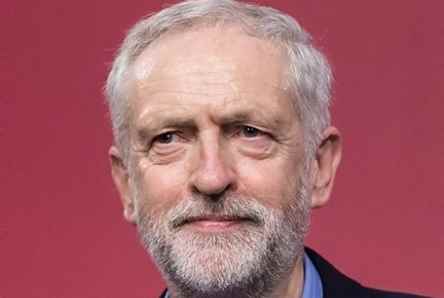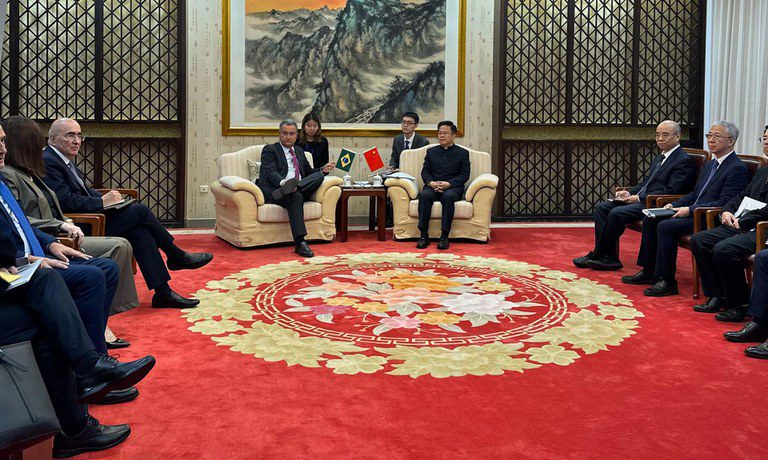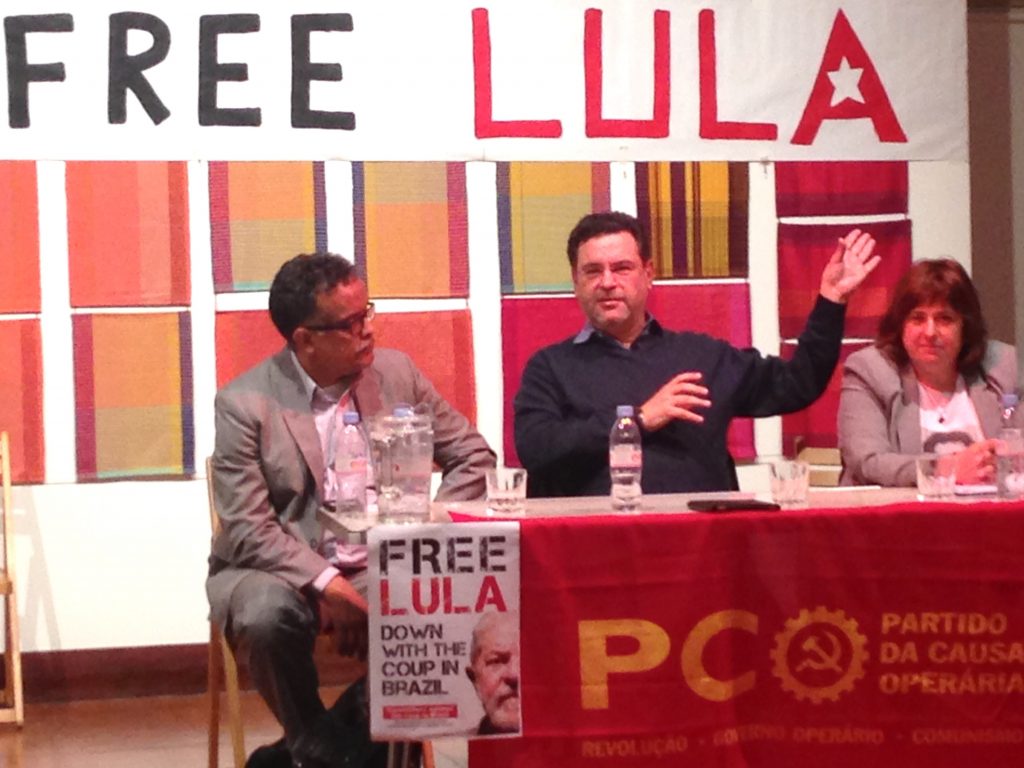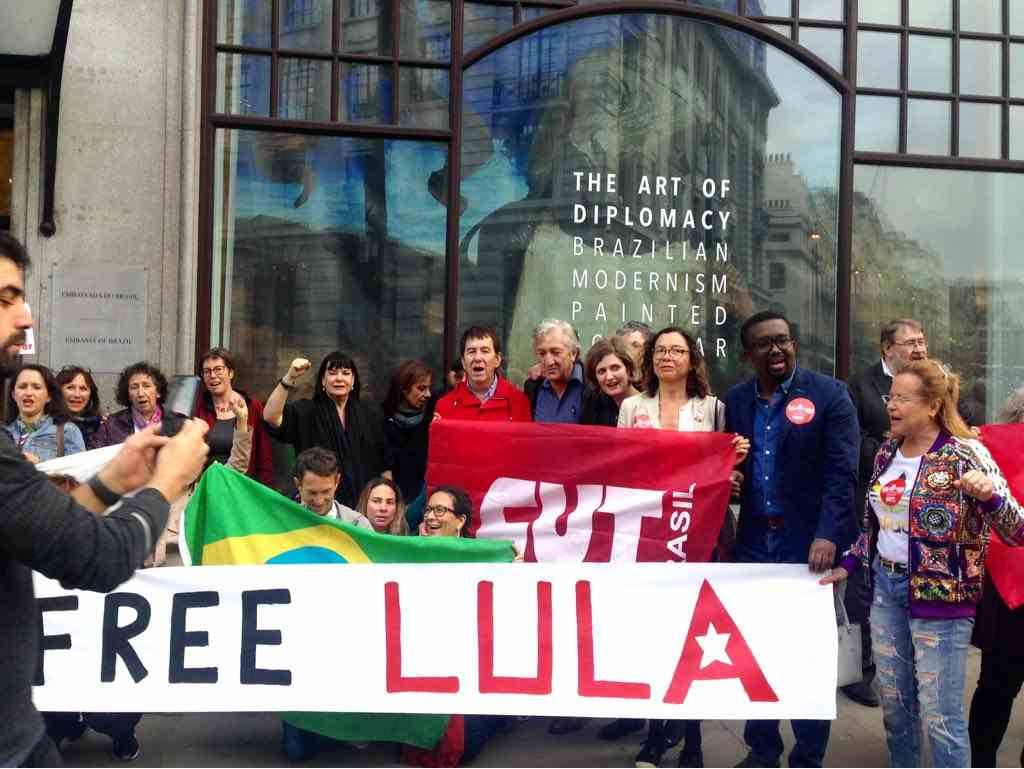By Julia Felmanas, columinst of politics for Cafezinho
For the second time, Jeremy Corbyn has won the trust of Labour Party members to continue as leader. The good news is that there are now no doubts as to who party members want as leader and Labour will now finally have to focus on what it should have been focusing since the Brexit referendum: producing alternative policies and narratives, being an effective opposition and preparing itself for – as well as convincing the public at large that it should be – governing Great Britain after the next general elections.
This was a contest that should never have been. An election, back in 2015, had led to Corbyn becoming leader of the party, after its defeat at the last general elections in which Labour was challenged in its traditional areas by, on the one hand, the right-wing Brexit instigator UK Independence Party (UKIP) and, on the other, the Scottish Nationals (SNP).
This was a surprise victory from a veteran left-winger rebel, whose name was only put forward because it was his turn to represent the left of the party in the leadership elections. No one expected him to win. But then politics everywhere around the world has been rather unpredictable. Leadership election rules were changed, providing the grassroots with the opportunity to show their discontent with the bland, right-wing type of politics which had been creeping in since Blair took over the party in 1990s.
Grassroots discontentment and open and more democratic elections allowed other left wingers and a younger generation to foresee the possibility of electing a different leader and build a different, more left-wing Labour party. Membership soared and continues to increase, receiving a new boost with this second contest, turning the Labour Party into the largest left leaning party in Europe.
So what was the problem? The Parliamentary Labour Party (PLP), seemed to be the problem. They did not vote for Corbyn and he would not have won had the rules not been changed. It is, nevertheless, fair to say that many Members of Parliament (MPs) decided to give Jeremy the benefit of the doubt and joined his shadow cabinet.
However, for many, Brexit was the last straw in a series of blunders, wrong policy decisions and statements undermining many of them, who had previously agreed to work under him, leading MPs to ‘conspire’ against their leader. Following traditional politics, they passed a motion of no confidence with approximately 80% of the PLP asking Corbyn to stand down. Had he accepted to play the traditional political game, he would have gone.
But he did not – on the basis that he had the majority of the party behind him. This brought a real dilemma: while Corbyn is right to claim that party members should have the ultimate say about the trajectory of the party, it is also true that MPs have a legitimate mandate, because they have been elected by the public, through a political programme, to represent – not only Party members – but their whole electoral districts, whatever their voters’ preferences.
The infighting only got worse with accusations from one side and the other. It was clear that Corbyn was going to win. Perhaps the PLP thought that they might have been able to slice off the size of his mandate, which seemed rather unlikely for anyone looking from the outside. Corbyn ended up with a greater majority.
It is now extremely important and urgent that the party unites, but both sides appear to be bent on discussing rules and ways of choosing shadow cabinet members… so it seems it will still be a few weeks before we have a working Labour Party.
Meanwhile, Theresa May, the Conservative Prime Minister, is free to rule unopposed. Urgent issues are at hand, none more so than a coherent and necessary strategy in order to mitigate the effects of the Brexit vote.
Some of the criticisms of the Labour leader are based not on policy but on his inability to form an effective opposition in parliament, with some claiming that he is more interested in ‘building a social movement’ than in parliamentary politics. Many criticise him for his lack of stance on Europe, his lack of ability in working with other MPs, the lack of professionalism of his team and a lack of political strategy. It is, of course, ironic, that it is precisely his `lack of professionalism` and the appearance of unspinned ‘genuineness’ that attracts many of his supporters.
Nevertheless, despite the growing number of ‘Corbynistas’, he is not universally liked. Some of his earlier advocates, such as the academic Richard Murphy, who allegedly conceived some of Corbyn’s economic policy, seemed to have deserted him. While others claim that he has not had enough time to prove himself and has always been much maligned by the media.
Regardless of our opinion of him, Corbyn has won a strong mandate now. Let us hope, for the sake of left wing politics and for the sake of the British people that the Labour Leader can prove his critics wrong and hope that, together with Labour MPs, they will do what they can to keep the party together. For there is an urgency now for the things desired by both sides of the divide: to be an effective parliamentary opposition and to grow the grassroots of the party, to regain the lost electorate in post-industrial areas and to convince the wider public that the route out of the crisis affecting the world can only be towards the left, building a more inclusive, fairer and more equal society.








RuydeLimaeSilva
27/09/2016 - 10h41
Se não unite, foda-se.Já temos bastante problemas por aqui.